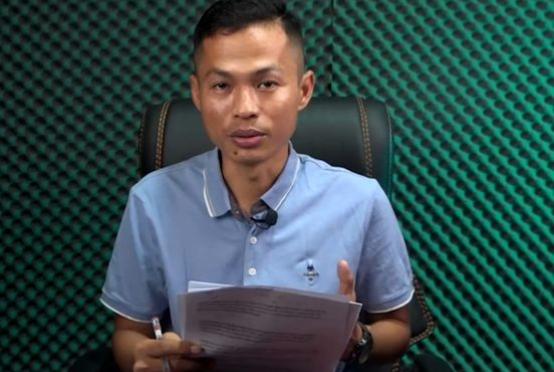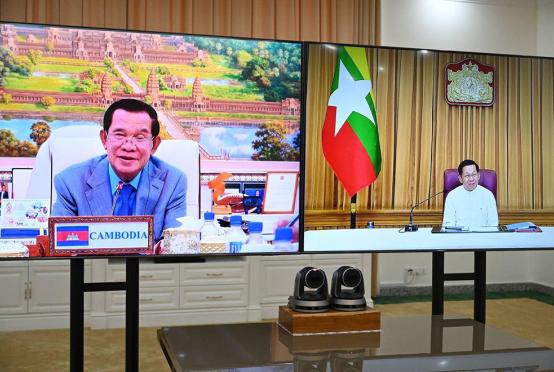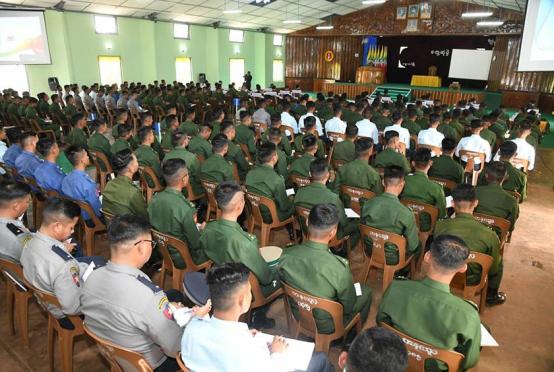by Aw Cheng Wei
SINGAPORE (The Straits Times/ANN) - Singapore must maintain this approach even as it deals with current challenges, says minister.
Singapore has to adopt a targeted and long-term perspective in its economic strategies, even as it tackles short-term headwinds posed by the challenging global environment, said Trade and Industry Minister Chan Chun Sing.
The Government is monitoring developments closely as Singapore's economic growth slows, and stands ready to support Singaporeans - particularly the most vulnerable - should conditions worsen, he said yesterday.
But one has to first be clear about the cause of the "illness" to deliver the right medicine, he added, as he set out why the current downturn is unlike past financial crises.
Speaking at a National Day dinner, Mr Chan also made the point that a key factor behind Singapore's success is that the country has constructive politics and a government with coherent policies.
"We have always been transparent and honest with our people on our challenges, opportunities," he told grassroots leaders and residents gathered at the Tanjong Pagar Community Club.
He began his 40-minute speech by explaining the factors contributing to the uncertain external environment, and outlined the strategies Singapore is taking to stay ahead in such a climate.
Advance estimates have shown that Singapore's economy grew by 0.1 per cent in the second quarter of this year, the lowest in a decade.
Mr Chan also flagged growing downside risks arising from the latest round of tariffs by the United States on China, the protests in Hong Kong, as well as Japan and South Korea expelling each other from their trade white lists.
He noted that during the Asian financial crisis in 1997 and the global financial crisis between 2007 and 2008, Singapore's economy experienced sharp but short downturns triggered by a sudden loss of confidence in global financial markets.
The current downturn is driven by weaker external demand and a deepening slump in the global electronics cycle, he said, worsened in part by the uncertainty caused by the US-China trade conflict.
The downturn in electronics has also spilled over to sectors such as precision engineering and wholesale trade, said Mr Chan, who also spoke in Malay and Mandarin.
"We have seen these cycles before, and we should not panic. There are still bright sparks within our economy in the infocomm industries, in the professional industries and so forth," he added.
But concurrent structural changes are complicating matters, he said, pointing to longer-term shifts in supply chains and productions patterns, a pull-back from globalisation and an erosion of the multilateral trading system. It will take a much longer time for the global economy to settle into a new equilibrium, he said.
Singapore, he added, has to build on its fundamentals like its stable and pro-business environment, to create the conditions for its longer-term success. Mr Chan also cited the country's progressive regulatory environment, its connections to markets in Asia and beyond, its skilled workforce and tripartism.
These fundamentals are why Singapore has managed to maintain its competitiveness and attract high-quality investments from companies such as ExxonMobil and Linde, he added.
He also said Singapore has to diversify and deepen its access to markets, work with like-minded countries to explore new areas of cooperation, and press on with efforts to renew the domestic economy.
Rounding up, Mr Chan expressed confidence that Singapore will be able to weather the uncertainties and achieve even more, if Singaporeans can continue to work together and build on the country's core strengths.
"So long as we work together, one united people with a cohesive society and a coherent government, we will continue to achieve even greater heights for ourselves and our country," he said.






